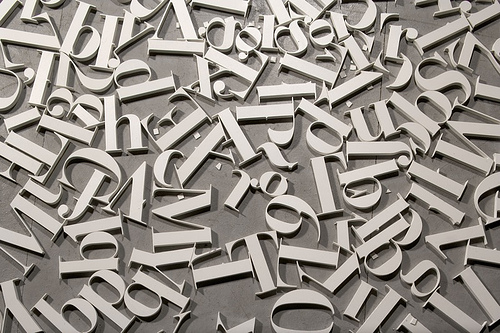What difference does an editor make?
This was the question posed by a recent profile of the highly successful editor of young adult fiction, Julie Strauss-Gabel, who manages the imprint Dutton Children’s Books. Her titles have consistently performed well over recent years and it was a timely reminder of the impact that a good editor can have on writers’ careers. In an age of dwindling resources in publishing – yet another sign of the disappearing middle – a good editor appears to make a big difference.
Here at .txtLAB, we were curious to see whether Strauss-Gabel’s books were recognizably different from other successful young adult fiction. Was the success of her books due more to extrinsic factors, like reputation or marketing, or did her list have something unique about it in terms of content? Understanding what makes these books stand out is not only a way for other editors to keep up with the competition. It could also be useful for aspiring writers who don’t have access to high-powered agents or editors (or pre-established reputations like John Grisham).
So what difference does a Dutton imprint make? To find out, we compared the 22 most recent Dutton books to a collection of 200 titles drawn from the Goodreads Best of 2014 young adult fiction list and Amazon’s list of best-selling YA fiction. We used the popular data mining tool, LIWC, developed by James W. Pennebaker, which compares linguistic features across 85 different dimensions, including grammatical features like pronouns and punctuation and more complex phenomena like social, cognitive, and perceptual processes.
